Slugs ate my Christmas Rose!
Herb_Gardener
19 years ago
Related Stories

WINTER GARDENINGPruning Secrets for Exquisite Roses
Encourage gorgeous blooms year after year with this time-tested advice on how to prune your rosebush in winter for health and shape
Full Story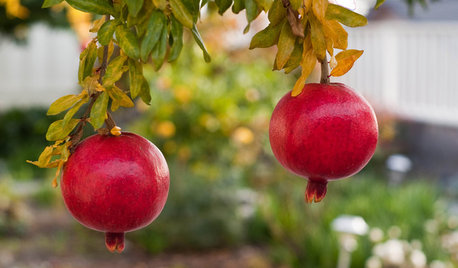
GARDENING GUIDESNorthern California Gardener's October Checklist
It's still a great time to plant flowers, vegetables and even bulbs in California gardens this month, thanks to predictably mild weather
Full Story
GARDENING AND LANDSCAPINGBid Bad Garden Bugs Goodbye and Usher In the Good
Give ants their marching orders and send mosquitoes moseying, while creating a garden that draws pollinators and helpful eaters
Full Story
HOLIDAYSHouzz Call: Share Your Personal Holiday Traditions
What winter rituals mean the most to you and yours? Post your stories and pictures
Full Story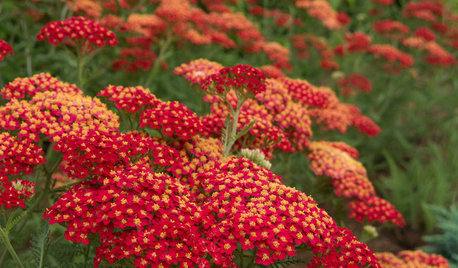
GARDENING GUIDESTop 12 Summer-Blooming Perennials for Deer-Resistant Drama
Can you have garden color, fragrance and exciting foliage with hungry deer afoot? These beauties say yes
Full Story
EDIBLE GARDENSHow to Grow Your Own Sweet Summer Crops
This guide will help any gardener get started on growing the freshest warm-season veggies and berries for summer
Full Story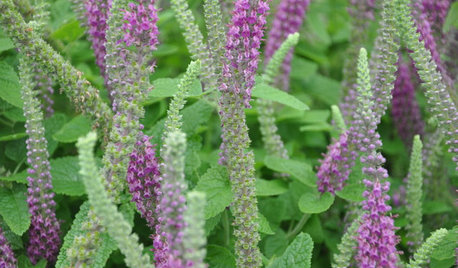
FEEL-GOOD HOME9 Smells You Actually Want in Your Home
Boost memory, enhance sleep, lower anxiety ... these scents do way more than just smell good
Full Story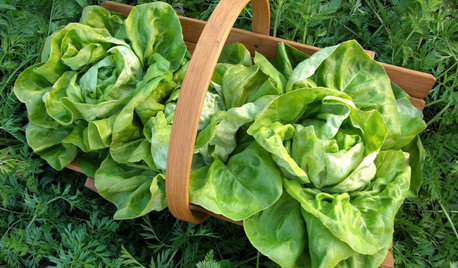
GARDENING GUIDES10 Easy Edibles for First-Time Gardeners
Focus on these beginner-friendly vegetables, herbs, beans and salad greens to start a home farm with little fuss
Full Story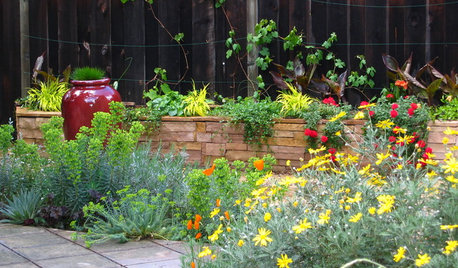
SUMMER GARDENINGHouzz Call: Please Show Us Your Summer Garden!
Share pictures of your home and yard this summer — we’d love to feature them in an upcoming story
Full Story
DECLUTTERINGSmall Steps for Keeping Your Housekeeping Resolutions
Take a different approach this year, making simple, positive changes that add up before you know it
Full StorySponsored
Columbus Design-Build, Kitchen & Bath Remodeling, Historic Renovations






morz8 - Washington Coast
PeterB_NZ
Related Professionals
Tempe Landscape Architects & Landscape Designers · Barrington Hills Landscape Architects & Landscape Designers · Rancho Cordova Landscape Architects & Landscape Designers · Duarte Landscape Contractors · Elmhurst Landscape Contractors · Gainesville Landscape Contractors · Hicksville Landscape Contractors · Huntington Landscape Contractors · Louisville Landscape Contractors · Vacaville Landscape Contractors · West Orange Landscape Contractors · Woodland Landscape Contractors · Goldenrod Landscape Contractors · Billings Siding & Exteriors · South Barrington Siding & Exteriorswoadwoman